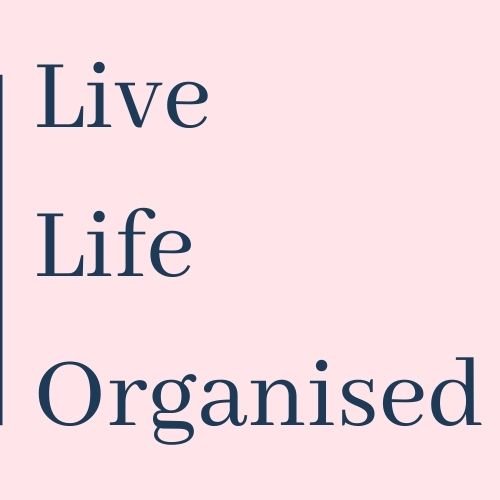Getting rid of unwanted gifts and how to ensure you don’t get more!
Christmas is now long gone, and hopefully, you have been able to put to good use all of the gifts you received. No? Did you receive some duds, that are now pushed into the back of your cupboard, or sitting in a pile of clutter in your home? When we are trying to live an organised life receiving gifts can create stress and anxiety. But it doesn’t need to be this way. Here are a few practical tips using on how to deal with those unwanted gifts and how to ensure you don’t receive more of them in the future!
Dealing with Unwanted Gifts
When I am working with clients, it is the norm for us to discover gifts they have received, that are not being used and never will be. They are often holding on to these items purely out of guilt.
First up, when receiving a gift it is important to smile and thank the person for the gift. Gifts are bought with the best of intentions.
“The true purpose of a gift is to be received.”- Marie Kondo
However, the second point to note is that the purpose of a gift is to be received. Once you have received the gift with joy, you can do what you want with it. You do not need to feel guilty about not keeping it. If it is an item that you do not want or need, then thank the item for the joy it gave you when receiving it, and let the item go with gratitude. Consider regifting, donating, or selling the unwanted item. These options are far less wasteful than it taking up space in the back of your wardrobe or ending up in the landfill. It is also likely that by passing on the gift it will have the opportunity to bring joy or serve a purpose to someone else.
I have had clients tell me they keep these unwanted items because the gift giver would be upset if they got rid of them. I would hope the gift giver would not want you living with this item out of a sense of obligation. I don’t think they would want their gift to you to be a burden and to sit wastefully in the back of a cupboard. Surely they are not going to come to your home and check your cupboards to see that you still own the items they gave you? If you answered yes, perhaps it is time to rethink your friendship and connection.
Preparing for Future Gifts
Let your friends and family know about your desire to live a clutter-free and organised life. Provide them with your mindful ‘wish list’ of the items that will bring you joy and serve a purpose. Whilst some might think this rude, it is helping ensure the gift buyer doesn’t add a burden on you and waste their money. Win–Win!
Suggest writing a personal voucher. “I will pick you up and take you on a walk and buy you lunch”. “I will cook all the meals for a week”. Last Christmas my niece contacted me and asked what I would like, as she was too scared to buy me a gift in case, I considered it clutter. I don’t get to see my niece often as we live in different states and so I suggested she take me out for coffee. We went to a funky café near her home and had a lovely outing – one I haven’t forgotten.
Sometimes we just don’t need anything and would prefer the funds be donated to our favourite charity. Let your friends and family know which organisations you support and how to donate. This way you can both have a sense of giving to others.
If you have friends and family and who love to shop and insist that they must give you a surprise gift, then suggest the consumables, such as wines, teas, chocolates. The chance of wastage is significantly reduced.
If you are the person buying the gift, ensure you use the KonMari Method to pick gifts that spark joy. Ensure the gift you are giving, whether it be a physical item, or an experience will bring joy and add value to the life of the person who will receive it.
Don’t wait until December to start the discussion about Christmas gift-giving, as there are many people out there buying gifts throughout the year and popping in their gift boxes ready for Christmas. Have the conversation now, and in fact, mention it a few times to ensure the message is received and processed. This may sound brutal, but we know from research that Australians have $ 60 billion worth of unused items in their homes.
